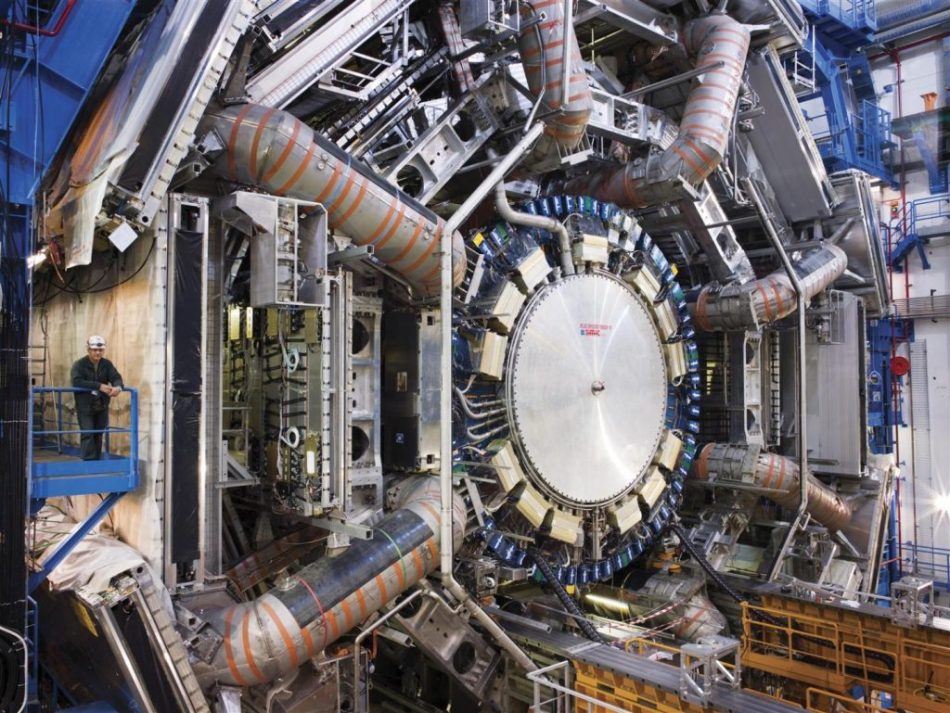While normally concerned with studying the fundamental particles of the universe and the laws of nature, the European Organization for Nuclear Research (also known as CERN) has now put its physicists to the task of developing a ventilator for patients suffering mild cases of coronavirus.
CERN is home to the Large Hadron Collider — the world’s largest machine, meant to examine the universe’s tiniest particle. Now, the institution’s 18,000-strong workforce is pouring its efforts into coming up with a ventilator system for COVID-19 patients. The aim is to help free up ICU ventilators for the more serious cases as many hospitals around the world are suffering shortages.
Having started at the end of March, in the short time that it’s been up and running, the task force has come up with developing and patenting a new type of ventilator, created personal protective gear for front line medical workers and first responders, and even come up with how to make hand sanitizer.
On March 27, the team developed the first-stage prototype of a ventilator system they’ve called HEV — High Energy Ventilator. What’s great about HEV is that it can be used in regions where resources such as electricity are scarce because it doesn’t use a lot of energy, and has the ability to be powered by batteries, solar panels, or an emergency generator. The machine’s design could be used for mild COVID-19 cases, thus freeing up more high-end machines for those who are in a more critical condition.
The next steps for the team are to find clinicians who will test their device in a hospital setting. This is another promising step forward in the battle against the coronavirus.












